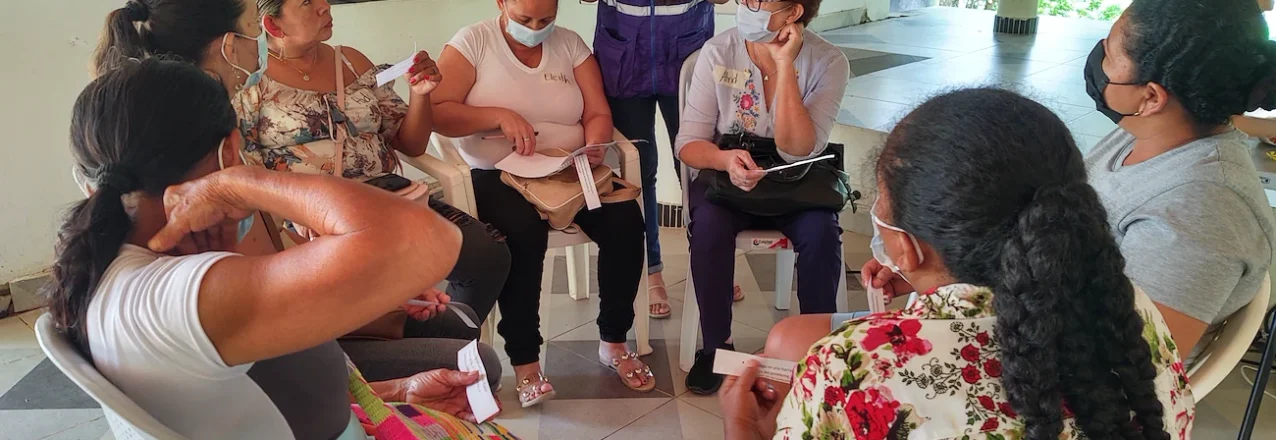USAID is empowering community leaders to increase women’s participation in the process of land titling.
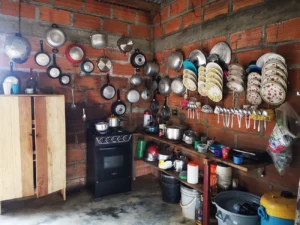 That Wednesday morning, Soledid Rosillo, 48, woke up before the roosters, earlier than usual. She silently reviewed the list of her activities making sure not to wake anyone: prepare breakfast for her two children and her husband, pack a snack to take to school, iron school uniforms, clean the house…
That Wednesday morning, Soledid Rosillo, 48, woke up before the roosters, earlier than usual. She silently reviewed the list of her activities making sure not to wake anyone: prepare breakfast for her two children and her husband, pack a snack to take to school, iron school uniforms, clean the house…
For Soledid it seemed like just another day working and taking care of her family, another day without receiving any salary for all the housework she does, day in and day out, including Sundays and holidays. Homemaker is a job that goes unnoticed and is invisible to a large part of Colombian society.
Soledid had an additional incentive that made her smile and feel solidarity with the women of southern Meta: she would be in charge of taking care of a group of children while their mothers, who also take care of their homes and do not receive any compensation for their domestic work, attend an event with the National Land Agency to participate in the process of titling their properties.
Childcare services are an important part of the ongoing strategy to ensure the participation of rural women in land administration processes and the titling of their property. For these women, seeing their names on a registered property title, which is guaranteed by the nation, is the fulfillment of a dream and the vindication of all the effort they have put into raising their families and building a future for their families.
“If we did not have this space, many women would not have been able to come and participate,” says Soledid, who also helped set up the tents, tables, chairs, and organize information for the more than 120 people who came out to ensure their properties get titled.
“The children are happy here, drawing and playing. But the most important thing is that the mothers are calm and filling out the required forms. These women are reassured, knowing their children are under our care.”
The USAID Land for Prosperity program in Colombia has trained community managers like Soledid to reach out to her community about the benefits of land formalization and titling their properties. Soledid works with the women to raise awareness of women’s property rights.
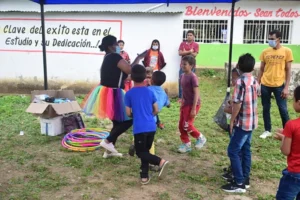
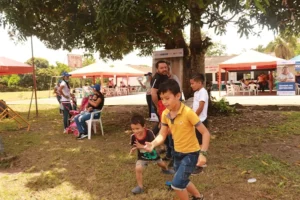
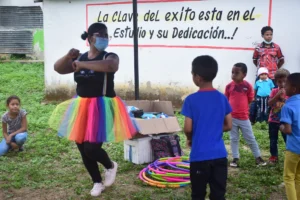
A temporary daycare provides rural women time and space to fulfill their obligations as property owners to formalize their land.
“Without these types of services, mothers do not come, or if they come with their children, they are stressed because the children are small and are not comfortable among the people or in the heat,”
-Carmen Fernández Bolívar, a land expert working on the property sweep in Puerto Lleras, Meta.
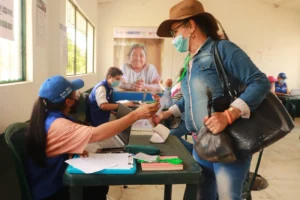 The municipality of Puerto Lleras (Meta) is one of 11 massive land titling initiatives being supported and promoted by the USAID Land for Prosperity program. In partnership with the Government of Colombia, these property sweeps update a municipality’s rural cadaster and title thousands of parcels. Each of the 11 parcel sweeps is focused on an entire municipality and seeks to ensure that rural women recognize their property rights, a key part of stimulating rural development and promoting a formal land market.
The municipality of Puerto Lleras (Meta) is one of 11 massive land titling initiatives being supported and promoted by the USAID Land for Prosperity program. In partnership with the Government of Colombia, these property sweeps update a municipality’s rural cadaster and title thousands of parcels. Each of the 11 parcel sweeps is focused on an entire municipality and seeks to ensure that rural women recognize their property rights, a key part of stimulating rural development and promoting a formal land market.
Guaranteeing land rights for women is part of a gender-differentiated approach to strengthen land tenure and can have a very high impact on the promotion of equality and the protection of their patrimony.
When women have access to land and property, studies show that they are more likely to earn higher incomes, enjoy greater decision-making power, and feel more protected in marital conflicts. In addition, by owning property, women are less vulnerable to gender-based violence, both in marital conflicts and through their children and other family members.
USAID has created similar childcare spaces in the other parcel sweeps in Ataco (Tolima), San Jacinto (Bolivar), and Cáceres (Antioquia). Just a few hours of free childcare have helped to increase the participation of women. In Cáceres, for example, nearly half of all participants were women, and one out of five women filled out a form as joint owners with their husbands.
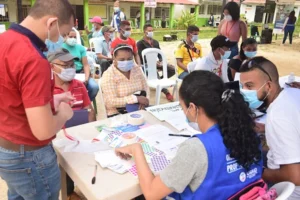
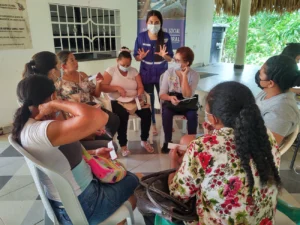
The workshops are a mandatory step in the process of land formalization where the future owners fill out the forms required by the National Land Agency to identify them as property owners.
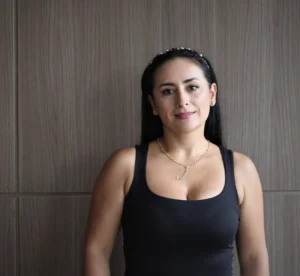
“Land for Prosperity has managed to involve everyone, and the community has been part of the process. USAID has linked rural women to land issues in an area where machista attitudes and beliefs prevail. As a result, the women are more organized, more responsible and committed.” – Marly Gutierrez, Mayor of Puerto Lleras, Meta
Footnotes
All photography USAID Land for Prosperity
Colombia
© 2022 Land for Prosperity
Cross posted from Land for Prosperity Exposure site


